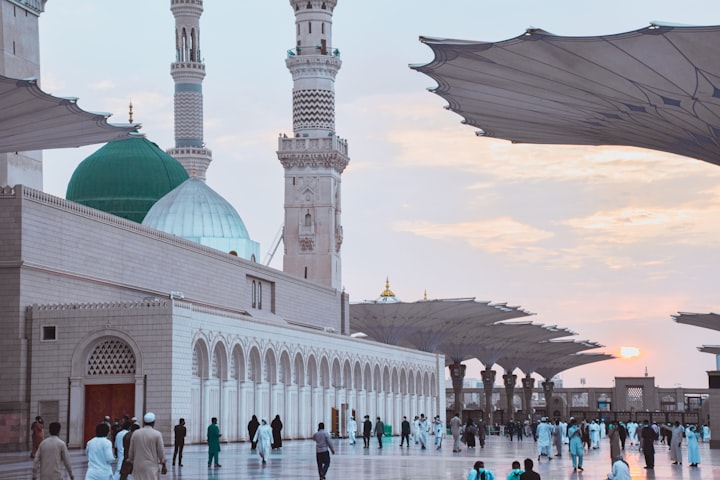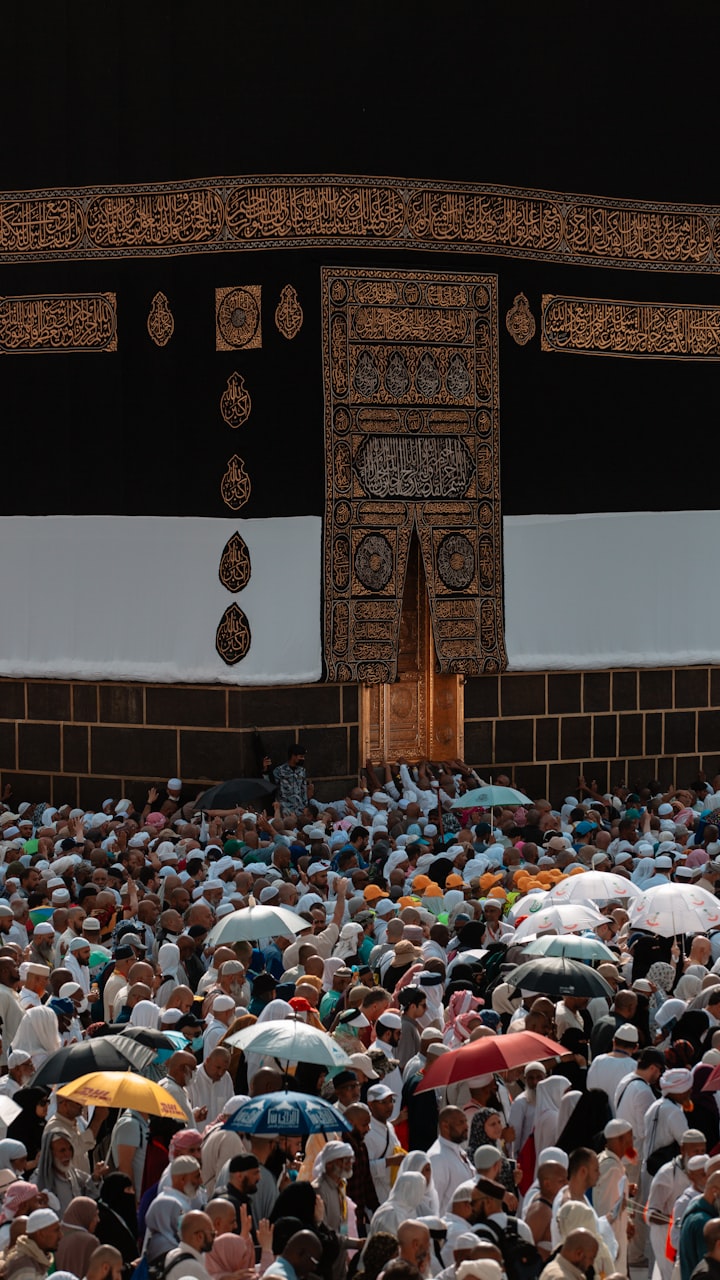The Life and Legacy of Prophet Muhammad (PBUH): A Beacon of Guidance
Islamic Stadies
بسم الله الرحمن الرحيم
"In the name of Allah, the Most Gracious, the Most Merciful."
Prophet Muhammad (PBUH), the founder of Islam, is a central figure in the religious and historical landscape of the world. His life, spanning from 570 to 632 CE, was marked by profound spirituality, unwavering dedication to justice, and the establishment of a comprehensive ethical and moral framework. This article aims to explore the key events and teachings in the life of Prophet Muhammad, shedding light on the man whose exemplary character continues to inspire millions around the globe.
Born in Mecca in 570 CE, Muhammad ibn Abd Allah (PBUH) belonged to the Hashim clan of the influential Quraysh tribe. Orphaned at an early age, Muhammad (PBUH) was raised by his grandfather and later by his uncle, Abu Talib. Known for his honesty, kindness, and integrity, young Muhammad (PBUH)earned the title of "Al-Amin" (the trustworthy) and "As-Sadiq" (the truthful) among his peers.
At the age of 40, Muhammad (PBUH) received the first revelation from the Angel Gabriel in the Cave Hira near Mecca. These revelations, which continued for 23 years, formed the basis of the Quran, the holy book of Islam. Initially met with skepticism and opposition, Muhammad's (PBUH) message emphasized the oneness of God, the importance of compassion, justice, and the accountability of human actions in the afterlife.
Facing persecution and opposition in Mecca, Muhammad (PBUH) and his followers, known as the Sahabah (companions), migrated to Medina in 622 CE. This migration, known as the Hijra, marked the beginning of the Islamic calendar. In Medina, Muhammad (PBUH) established the first Islamic state, laying down principles of justice, equality, and religious freedom, thereby uniting the diverse tribes of the region.
One of the pivotal moments in the early years of Islam was the Battle of Badr in 624 CE. Despite being outnumbered, the Muslims, under the leadership of Prophet Muhammad (PBUH) achieved a decisive victory. This event solidified the nascent Muslim community and demonstrated the divine support for their cause.
After years of trials and tribulations, Prophet Muhammad (PBUH) returned to Mecca in 630 CE with a peaceful and bloodless entry. The city that once rejected him now embraced Islam. The Prophet demonstrated compassion and forgiveness, pardoning even those who had persecuted him and his followers. The Kaaba, the holiest site in Islam, was cleansed of idols, rededicating it to the worship of the one true God.
Final Pilgrimage and Farewell Sermon:
In 632 CE, Prophet Muhammad (PBUH) performed his farewell pilgrimage, delivering his famous Farewell Sermon on the plains of Arafat. In this powerful address, he emphasized the equality of all believers, the sanctity of life and property, and the rejection of racial and social hierarchies. This sermon serves as a timeless guide for Muslims, transcending cultural and temporal boundaries.
Prophet Muhammad's (PBUH) legacy extends beyond the historical and religious realms. His teachings form the cornerstone of Islamic theology, ethics, and jurisprudence. The Sunnah, comprising the actions and sayings of the Prophet, complements the Quran, providing a comprehensive guide for Muslims in matters of faith and conduct.
The Prophet's emphasis on education, compassion, and social justice continues to inspire individuals and communities worldwide. His teachings laid the foundation for a just and compassionate society, advocating for the rights of the oppressed, the importance of knowledge, and the pursuit of peace.
The life of Prophet Muhammad (PBUH) serves as a source of inspiration and guidance for millions of people globally. His unwavering commitment to justice, compassion, and monotheism transformed the Arabian Peninsula and laid the foundation for one of the world's major religions, Islam. The legacy of Prophet Muhammad (PBUH) endures through the Quran, the Sunnah, and the hearts of those who strive to embody his teachings in their daily lives.
About the Creator
Tushar1770
In 2024, my goals as a writer involve refining my style, embracing multimedia, fostering community engagement, and seeking collaborative opportunities. Excited to explore creative expression in the evolving digital landscape!







Comments (1)
Excellent work! Keep up the fantastic effort